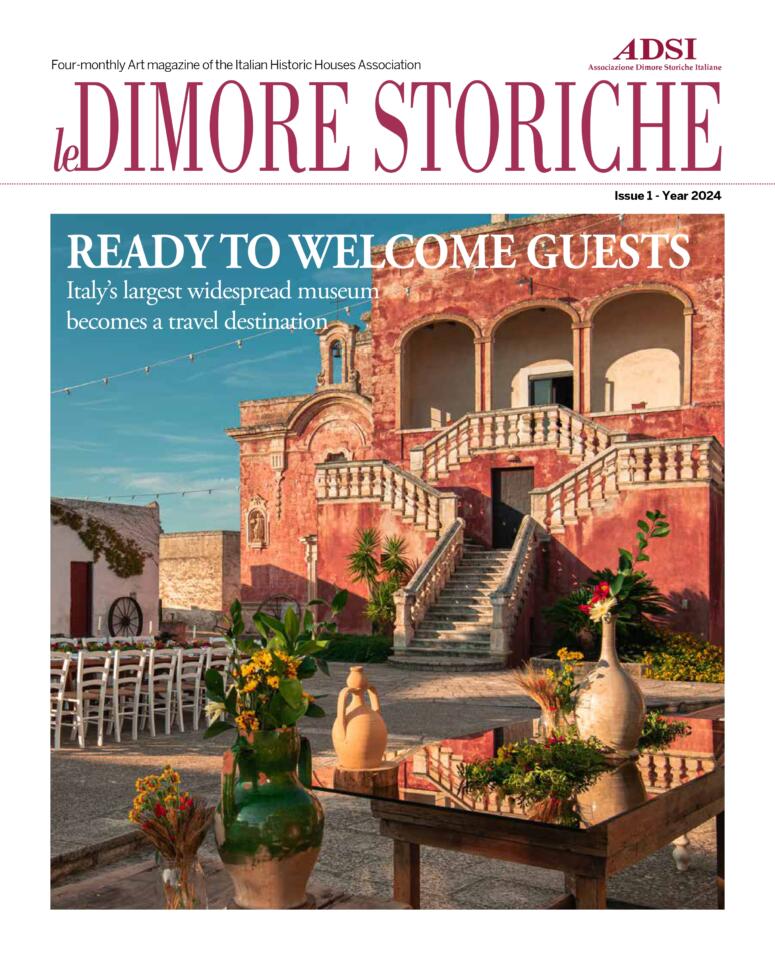Guest at Palazzo
High-quality international tourism has not been the same since Covid. That is to say, the pandemic revealed with undeniable force a process that had already been underway or, at least, in an incubatory phase; namely, the transition from the choice of frenetic locations and structures of questionable taste to the search for a sense of well-being found in different situations and different geographical places, where the noise of traffic and music pumped up to the max gives way to the sounds of nature and human voices characterising the life of an ancient village.
In such a setting, the answer to the flattening effects of gastronomic standardisation lies in tasting zero-kilometre farm-to-table products, in recipes that have been offered locally for centuries, in raising a glass of celebrated PDO wines. Here hospitality is not only a form of business but also a natural predisposition, the result of the host population’s sense of belonging, their pride in all that they have inherited from the past. Quality small-town tourism is a phenomenon that has only just begun, because internationally recognised destinations in Italy are still relatively few (in Tuscany above all, and Chianti in particular).
Other locations represent, more often than not, a memorable discovery for those coming from distant nations and continents. Communication aside, it has long been said that the main limitation in successfully attracting visitors from far away is the lack of hospitality that would meet their expectations. There is certainly a degree of truth to that observation. So if there is a shortage of top-class hotels, why not let visitors stay “at the palace,” in structures built before the home cities of these travellers from abroad had been founded? Why not invite them to come and stay in beautiful edifices historically conceived not only as private residences but also as reception places for illustrious guests?
This was the thought process that gave rise to a contemporary vision of historic houses, and furthermore to the happy intuition of collaborating with Airbnb, a global reference point for the online booking of private locations, to offer the world the possibility of staying overnight and living one’s own experience in an Italian palazzo, villa or castle. Thanks to the one-million-euro call for tenders, 25 residences were able to finance renovation work to improve the level of hospitality provided.
Our cover story is dedicated to this project and its first results. In future issues, we will accompany you
to discover many other historic residences that have taken this small but great step with remarkable
determination and satisfaction. Enjoy the read!


